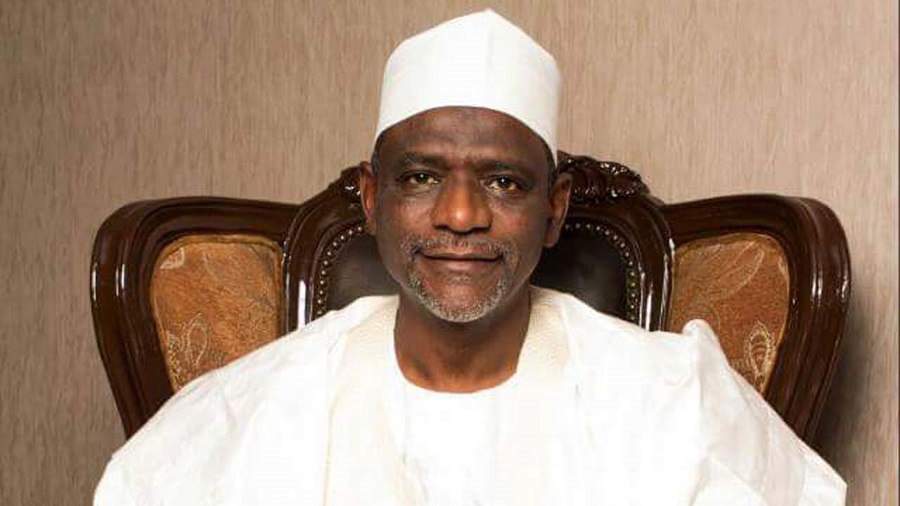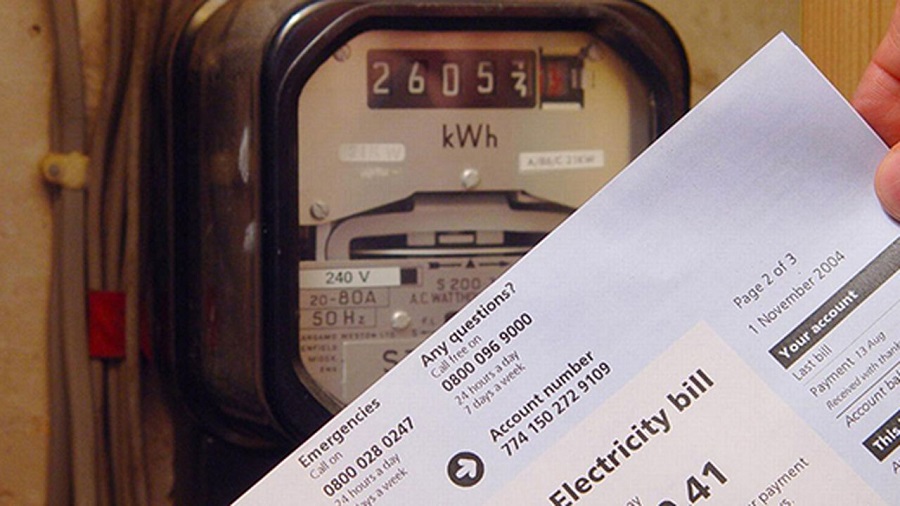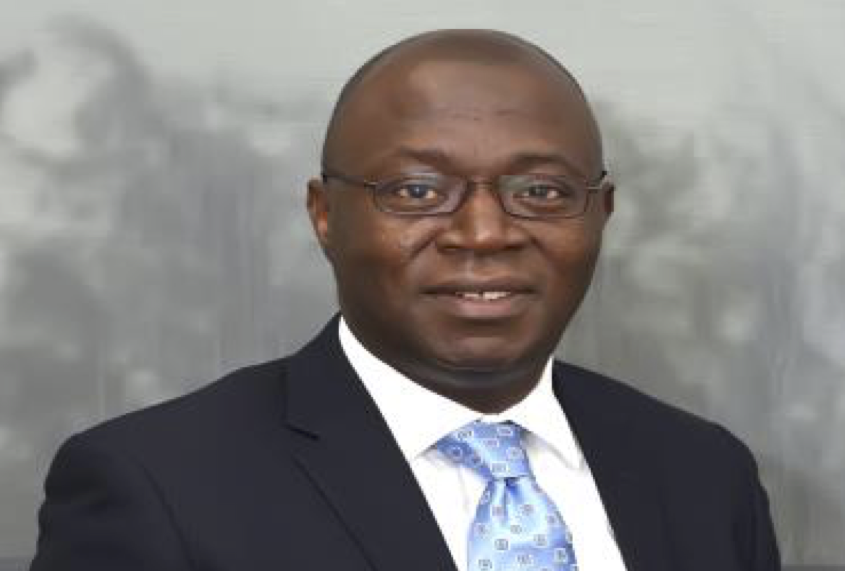The Federal Government has announced the approval of a special salary scale for teachers across the country.
This approval is coming as part of the message and incentive by the Federal Government to mark this year’s World Teachers Day, today, October 5, 2020.
READ: COVID-19: Emefiele lists 8 things that can “transform” Nigeria
This disclosure was made by President Muhammadu Buhari, who was represented by the Minister of Education, Adamu Adamu, in a speech at an event on Monday, October 5, 2020, to mark the World Teachers Day.
The President has also announced the increase of the years of service for teachers from 35 to 40 years.
The Nigerian teachers over the years have been agitating for amongst several other things increase in their retirement age, increase in salary and better welfare packages.
READ: FG clamps down on filling stations, others for faulty measuring and weighing equipment
In making the announcement at the 2020 World Teachers Day celebration in Abuja, President Buhari explained that the implementation of the new teachers’ salary scheme was to encourage the teachers in delivering better services.
The president said that the special salary scale is for basic and secondary school teachers as he also increased the retirement age of teachers from 60 to 65, and the number of years of service 35 to 40.
READ: UPDATED: President Buhari to participate in China-Africa Extraordinary Summit today
According to him, these were parts of ongoing moves by the government to revitalize and reposition the teaching profession in the country, by introducing fundamental and far-reaching changes. This is as the president said a review of teachers’ development policies had revealed huge gaps in the quantity and quality of teachers at all levels of the nation’s education system.
Buhari said the implementation of the new policies was to attract best brains into the teaching profession and encourage teachers in delivering better services that would produce quality students who would, in turn, contribute to national development. In his words:
The president said, “Government notes the emergency situation in our educational system with particular reference to the dearth of qualified and dedicated teachers to enhance the quality of teaching and learning at all levels of our educational system.’’
READ: US supports Nigeria with $32.8 million for COVID-19, over $5billion on health in 20 years
“To address these challenge yes and set our country on the path of industrialization where our educational system will produce the needed skills and manpower, I have approved to the following;
‘’The reintroduction of bursary award to education students in Universities and College of Education with the assurance of automatic employment upon graduation, payment of stipends to Bachelor of Education students as well as granting them automatic employment after graduation is now a government policy.’’
“The Tertiary Education Fund (TETFUND) will now fund teaching practice in Universities and Colleges of Education, special salary scale for teachers in basic and secondary schools including provisions for rural posting allowance, science teachers allowance and peculiar allowance.
“Special teacher pension scheme to enable the teaching profession to retain its experienced talent as well as extend teachers retirement age to 65 years and teachers service years to 40, create a career path policy for the teaching profession in Nigeria and, teachers’ conversion programme and ICT training to mitigate the current dearth of qualified teachers in the school system.”
Some of the other incentives approved by President Buhari, to motivate and restore the lost glory of Teachers include the building of low-cost houses for teachers in rural areas, sponsorship of teachers to at least one refresher training per annum, expansion of annual Presidential teachers and schools awards to cover more categories with outstanding winners to be considered for National Awards and National Productivity Order of Merit (NPOM) awards.
READ: NSE slaps charges on debt instruments traded on its platform
Others were prompt payment of salaries and other entitlements including consideration for the first-line charge in annual budgets, timely promotion of teachers to eliminate stagnation, provision of loan facilities, free tuition and automatic admission for biological children of teachers in their respective schools to encourage and retain them in the system.




















How much federal government as approving to pay for the besda teacher
Went federal government is going to pay for the besda teacher
All Buhari’s promises are fake.
Bauchi State 5months ago not paying besda teachers why?